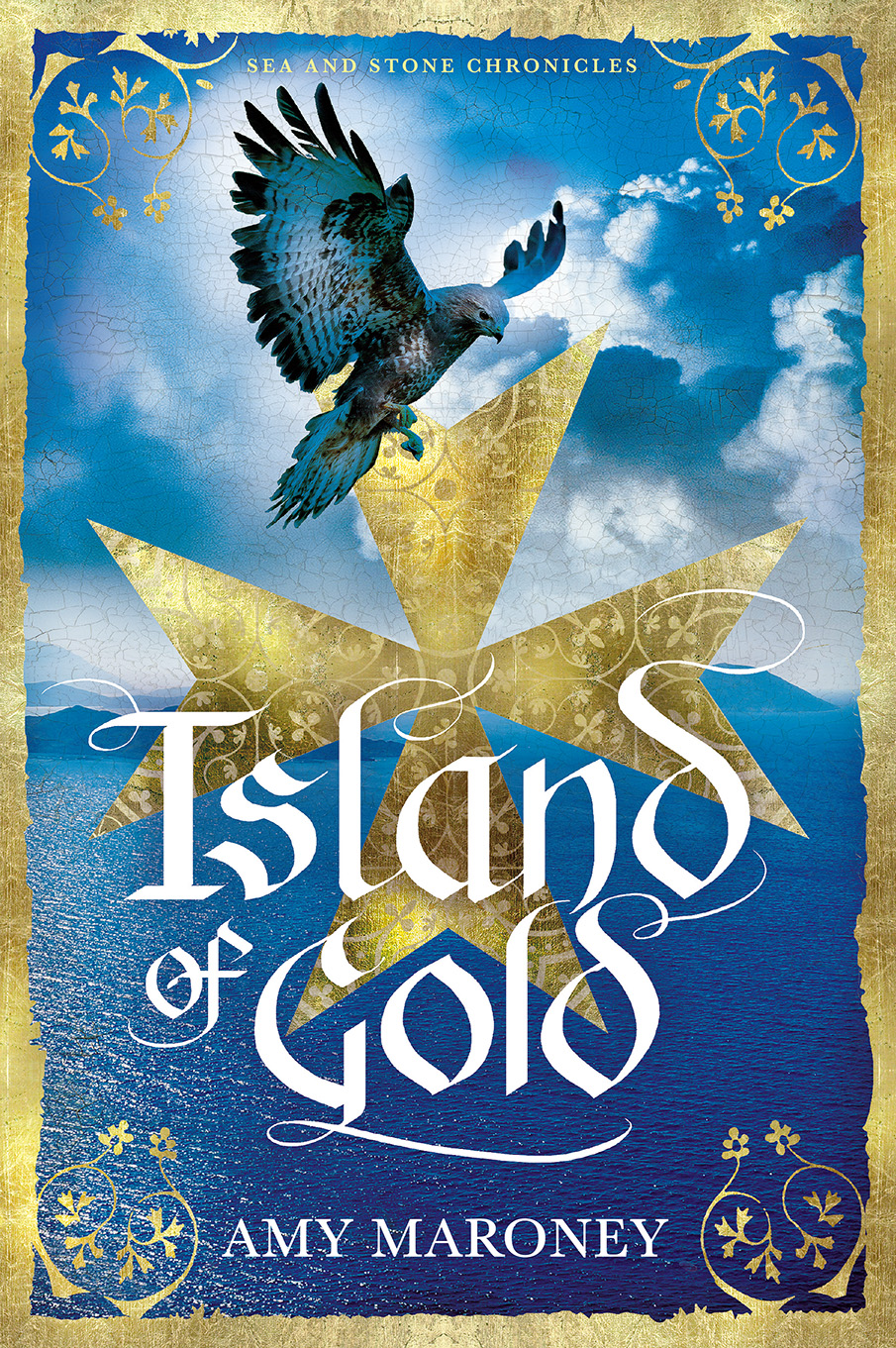
THE MIGHTY KINGMAKER—Traitor or Misunderstood?
Guest Post by J.P. Reedman
Richard Neville, popularly known as Warwick the Kingmaker, was one of the movers and shakers of the 15th century. During the earlier part of the Wars of the Roses, he went from initial support of Henry VI to a staunch Yorkist supporting Richard Duke of York. After York and Warwick’s own father, the Earl of Salisbury, were killed by Lancastrian forces at Wakefield, he went on to assist York’s son Edward, his cousin, in his bid for the throne—but turned his coat when his relationship with Edward soured. Eventually he would ally himself with Henry VI’s Queen, Margaret of Anjou, marrying his daughter Anne (later Richard III’s Queen) to Prince Edward of Lancaster and placing old King Henry back on the throne. These moves in a deadly ‘game of thrones’ led to his death at the Battle of Barnet in 1471.
History has often looked upon Warwick as simply an overmighty subject who turned his coat when he realised Edward IV would not be a ‘pushover’ who would follow his advice to the letter and heap rewards upon him. However, like many other figures of the Wars of the Roses, has he been at least partly misunderstood and maybe even maligned? Certainly, in his day, he was an extremely popular man, not only with the highborn but with the common man as well.
The major cracks in his relationship with Edward began when the young king unexpectedly announced that he had secretly married the widow, Elizabeth Woodville, in May, 1464. For months, Warwick had been busily trying to make an alliance arrange a marriage for Edward with Bona of Savoy, Louis XI’s sister-in-law; a union that would have helped soothe enmities between England and France. Edward had been married all along and allowed his kinsman and purported ally to basically make a fool of himself in diplomatic circles. Medieval men were always mindful of their pride and honour—and Warwick probably felt his was horribly besmirched. He doubtless felt, as did many others, that Edward’s marriage was not fitting for his stature, and his worst fears seemed justified as Woodville family members were given prestigious positions and made high marriages. In the meantime, his own suggestion to marry his daughters to Edward’s younger brothers, George and Richard, was soundly refused.
Warwick came into conflict with Edward again over further potential alliances with France—and now Earl Rivers, father of Edward’s Queen Elizabeth, went ‘over his head’ to suggest a Burgundian alliance instead. Edward approved Rivers’ suggestion and married his sister Margaret to Charles Duke of Burgundy. Warwick must have felt like he’d had another slap in the face from his former protegee.
It was never going to end well. Warwick rose up in rebellion, defeating royalist forces at Edgecote, where he captured Edward, then executed Lord Rivers and one of his sons. Edward was sent to Warwick’s castle at Middleham and, although a prisoner, was treated well; while he was in captivity, Warwick married his daughter Isabel to Edward’s brother George, who he may have thought of as a potential new King if Edward would not submit to his wishes. Warwick could not rule through Edward, though, and the young King manoeuvred a public escape, which Warwick was powerless to stop. The two men tried to bury the hatchet but soon were at loggerheads again and another battle was fought, after which Warwick and his family fled into exile.
It was in France he made his deals with Margaret of Anjou, which ended up with old King Henry propped up on the throne once more while Edward and Richard of Gloucester, fled to Burgundy with little more than the clothes they were wearing.
Briefly it seemed as if the Kingmaker’s star was ascendant again—but then Edward and Richard returned to England at the head of an army, and their brother George left Warwick to return to the Yorkist fold. Barnet was fought, a desperate battle in the fog, and Warwick was slain.
If Edward had perhaps listened to Warwick and not let heart and hard-headedness get in the way of choosing a bride (at the very least he should not have humiliated his kinsman), it is interesting to think what might have been. Maybe the Wars of the Roses would have finished much sooner, with Towton being the last, definitive battle; maybe the House of York would even still be extant in a straight, unbroken line to this day.
It is all speculation, of course. The Kingmaker lies quiet, his grave lost after the Reformation, but most likely beneath the tennis courts of the Sports Centre at Bisham Abbey.

J.P. Reedman
Author of Novels set during the WARS OF THE ROSES and other Medieval Eras.
USA https://www.amazon.com/J.P.-Reedman/e/B009UTHBUE
UK https://www.amazon.co.uk/J.P.-Reedman/e/B009UTHBUE
Warwick, from the Rous Roll:





